Transforming Healthcare: India's Rise as a Med-Tech Hub and the Path to Global Leadership
Transforming Healthcare: India's Rise as a Med-Tech Hub and the Path to Global Leadership
The recent COVID-19 pandemic was a devastating reminder to people across the world about the importance of reliable healthcare facilities. The emergence of new diseases, especially accelerated by Global Warming and Climate Change, has raised the likelihood of another disease escalating into a pandemic. However, there is hope. Following the COVID-19 crisis, there has been a surge in innovation within the healthcare and health tech sectors. There is now a strong recognition of the need for rapid, compatible, and user-friendly medical solutions: diagnostics, and treatments. Furthermore, there is a growing understanding that these advancements must be accessible to individuals from all economic backgrounds.
This need is recognized in developing states, particularly densely populated countries like India. India is rapidly becoming a major hub of advanced Med-Tech. In September last year, Union Health Minister Hon’ble Mansukh Mandaviya said that the Indian medical devices industry has the potential to grow at 28% p.a. to reach $50 billion by 2030. The Department of Pharmaceuticals organized the 8th Edition of the International Conference on ‘India Pharma & India Medical Devices’ in New Delhi from May 26 to May 27, 2023. The event aimed to promote India as a manufacturing hub for high-quality medical products in the Pharmaceutical and Medical Devices Sector. In conjunction with the G20 Health Ministers’ meeting in August, the India Med-Tech Expo (IMTE-23) is scheduled to take place in Gandhinagar. This three-day expo will showcase the prowess of the Indian medical devices sector, coinciding with the G20 Indian Presidency. The Ministry of Chemicals and Fertilisers has issued a statement indicating that the Department of Pharmaceuticals plans to organize this large-scale national-level expo on the medical devices sector for the first time. The expo will span from August 18 to 20, 2023, at the Helipad Exhibition Centre in Gandhinagar, Gujarat. These events highlight not only India’s potential in the Med-Tech sector but also the global potential it holds.
India is the 4th largest market of medical devices in Asia. The size of the Indian market is estimated to be around $12 billion with the sector comprising large multinationals and small and midsized companies. However, to become a global player in the sector, India has a few hurdles to overcome. India’s import of medical devices is at almost 80% and the country is highly dependent on foreign suppliers, particularly for high-end equipment such as cancer diagnostics, medical imaging, ultrasonic scans and polymerase chain reaction technologies. The Covid-19 pandemic brought greater visibility to the Indian medical devices sector as it played a crucial role in manufacturing medical devices and diagnostic equipment. The government’s draft policy on medical devices reveals that the country’s global market share is approximately 1.5%, indicating that the sector is still in its infancy. The majority (around 65%) of manufacturers in India operate domestically, focusing on consumables and serving the local market with limited exports. The sector is characterized by high capital requirements, lengthy development cycles etc. To address these challenges, the government recently initiated a production-linked incentive (PLI) scheme in medical device manufacturing. This scheme aims to promote domestic manufacturing, attract significant investments and reduce dependence on imports.
Despite the challenges faced by the medical device sector, the implementation of favourable policies such as the Production-Linked Incentive (PLI), export incentives, support for research and development, and incentives for innovation can greatly enhance the industry in India. The government recognizes the unique opportunity presented by the dynamics of demand and supply in the sector, and it believes that the Indian medical devices industry has the potential to achieve an impressive annual growth rate of 28% and reach a market value of $50 billion by 2030. To further strengthen the industry, the government aims to leverage India’s skilled workforce and business-friendly regulations. As outlined in the government’s draft policy, there are plans to reduce the country’s dependence on imported medical devices by 50% over the next decade.
The World Trade Hub (TWTH) aims to do its part in this development. Some of our partners such as Mylab, Prejex and Solaris are manufacturers of state-of-the-art devices used in the medical sector. TWTH will foster the growth and expansion of these innovative solutions, both within the domestic market and on a global scale. Our primary objective is to make ground-breaking Med-Tech accessible to millions of people while simultaneously supporting India’s aspirations of establishing itself as a significant international player in the medical device industry.
